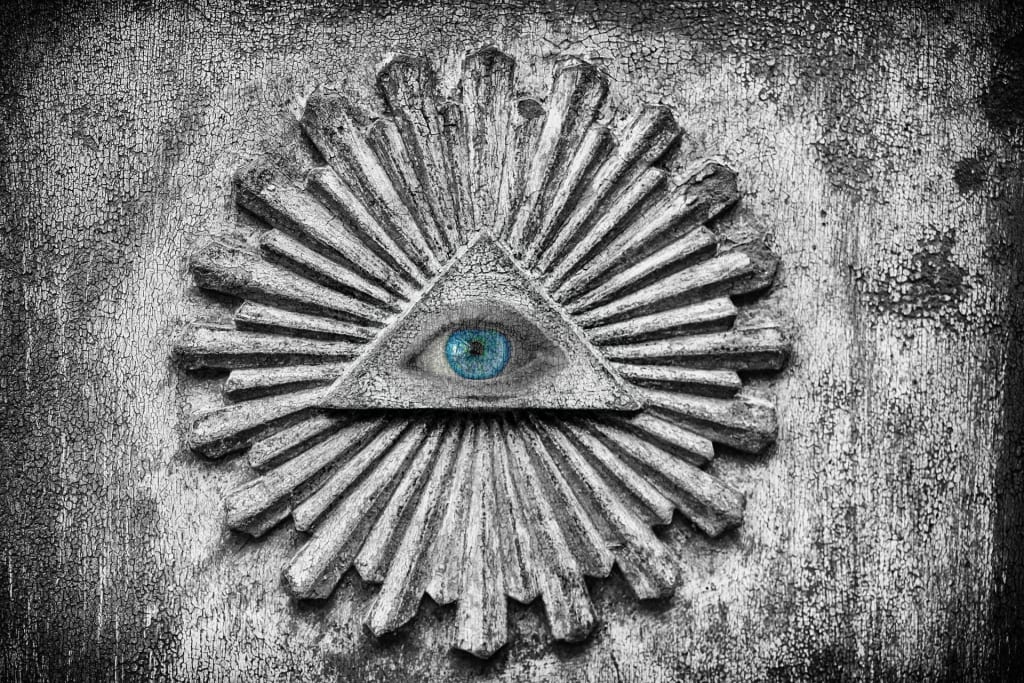An Argument Against Secret Knowledge
Human Nature and Natural Law Work Together to Prevent the Spread of Secret Knowledge

It seems obvious to state that as the number of people who are aware of a given secret grows the chances of its being revealed increases. There is a point at which the number of people that know a given secret is essentially guaranteed to result in its reveal. What that number is varies greatly based on the type of secret, and subset of persons that know it, but all secrets have such a number. The power of the particular secret will reduce that number as the temptation to reveal it becomes ever stronger the more powerful it is. This is human nature and it can only be fought against, but it cannot ever be defeated.
The classical way to deal with this issue and reduce the chances of the reveal of secret knowledge is to reduce the number of persons that know the secret. "Eyes only" or "need to know" are two standard classifications that highlight this approach. You might think this is an ironclad solution, but it has a very large drawback. As the number of people that know a given secret is reduced, its power is reduced proportionally. At some point every secret, no matter how seemingly powerful becomes totally powerless when it drops below a certain threshold value. Let's call this the secret knowledge power barrier. Below this point a secret becomes totally useless to anyone, and no longer has any power to affect anyone beyond the few people who know it, and it can only effect them in so far as they let it.
So there is this tug and pull between the desire to have secret knowledge with great power, which by its very nature, requires that many people have knowledge of it, and the inherent problem that as the number of people with knowledge of the secret grows so does the odds of it being revealed. To fight this holders of secret knowledge are forced to reduce their numbers, and with each reduction the power of their secrets to effect the world is reduced proportionally until a certain critical threshold value is reached at which point the secret knowledge has lost all its power.
Example Cases
Nuclear Launch Codes
Let's take two examples and see how the hypothesis applies in each case. First up, the nuclear launch codes. This is a classic case of secret knowledge where it would seem the fewer people that know the better and that there could not possibly be a number too small. But there absolutely is, to be at all effective at least two people must know the codes as the system is designed to not launch without the approval of one and consent of at least one other. And it is easy to see how if only two people know these codes their power is greatly circumscribed since at most they could launch missiles from one missile site. Yes, of course there may be a procedure for these two person to disseminate the approvals and the codes and instructions necessary to launch from multiple sites, but all that takes time and sustained effort, limiting the power of the secret overall. The nuclear launch code example is a bit misleading however, in that, the codes themselves are only a small part of the "secret" or at least a small part of the power the secret holds. In isolation the nuclear launch codes are completely powerless and meaningless, just a random string of gobbledy-gook. The persons who have access to these codes also need access to the equipment and machinery and other physical apparatus to make use of them. They must also have some knowledge about how they are to be used, even if that only consists of where to go to get additional instructions.
Secret Societies
Now let's consider an example from the other extreme, a secret organization with a lot of secret knowledge and supposed great power because of said knowledge. The oft-cited example case here is the secret organization, the illuminati. Because of human nature if the illuminati do exist there must be an extraordinarily small number of them. Otherwise their existence would have been revealed to the world a very long time ago. The secret knowledge hypothesis would suggest that the illuminati, if they do exist, have very limited power, and this is necessarily the case because of their limited numbers. Much secret knowledge they may indeed possess, but it may as well be aired on the national news networks because it is totally useless if their is no one available or capable of wielding it. Like all secret organizations the illuminati are totally hemmed in by the secret knowledge hypothesis. They cannot get bigger, for if they did, their existence would be revealed, yet, unless they get bigger the power and influence they may have is greatly limited no matter how powerful or arcane their secrets may be. Further, even if the illuminati do exist, it is just as highly likely that they have very little actual power. and thus are no threat or ally to anyone. For all of these reasons, I think it highly unlikely that their is such a secret society called the illuminati, or any secret society of any consequence anywhere in the world.
About the Creator
Everyday Junglist
Practicing mage of the natural sciences (Ph.D. micro/mol bio), Thought middle manager, Everyday Junglist, Boulderer, Cat lover, No tie shoelace user, Humorist, Argan oil aficionado. Occasional LinkedIn & Facebook user






Comments
There are no comments for this story
Be the first to respond and start the conversation.